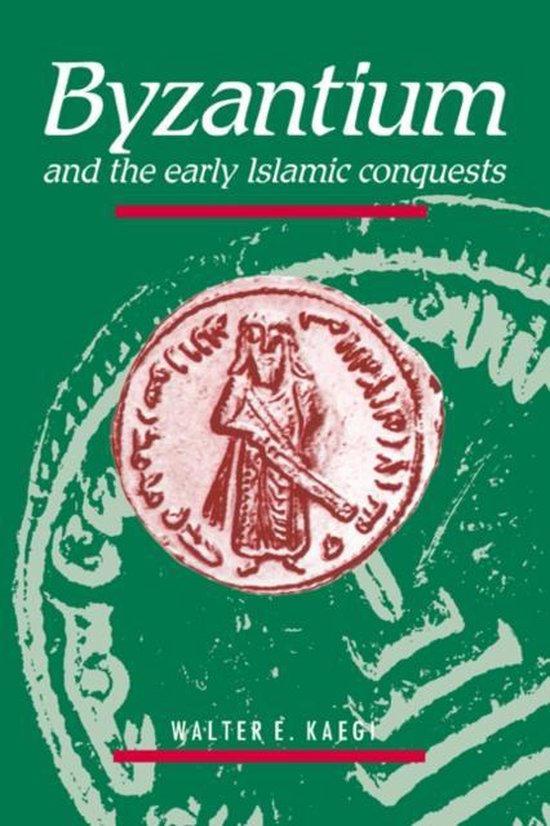
Byzantium And The Early Islamic Conquests
In describing life and conditions in the seventh-century Byzantine east, Professor Kaegi examines how the empire came to lose so much of its territory to Islamic conquerors. He also seeks to explain how the Byzantine government reacted to this loss.
This is a study of how and why the Byzantine Empire lost many of its most valuable provinces to Islamic (Arab) conquerors in the seventh century, provinces which included Syria, Palestine, Mesopotamia, and Armenia. It investigates conditions on the eve of those conquests, mistakes in Byzantine policy toward the Arabs, the course of the military campaigns, and the problem of local official and civilian collaboration with the Muslims. It also seeks to explain how, after terrible losses, the Byzantine government achieved some intellectual rationalisation of its disasters and began the complex process of transforming and adapting its fiscal and military institutions and political controls in order to prevent further disintegration.
This is a study of how and why the Byzantine Empire lost many of its most valuable provinces to Islamic (Arab) conquerors in the seventh century, provinces which included Syria, Palestine, Mesopotamia, and Armenia. It investigates conditions on the eve of those conquests, mistakes in Byzantine policy toward the Arabs, the course of the military campaigns, and the problem of local official and civilian collaboration with the Muslims. It also seeks to explain how, after terrible losses, the Byzantine government achieved some intellectual rationalisation of its disasters and began the complex process of transforming and adapting its fiscal and military institutions and political controls in order to prevent further disintegration.
| Auteur | | Walter E. Kaegi |
| Taal | | Engels |
| Type | | Paperback |
| Categorie | | Geschiedenis |




